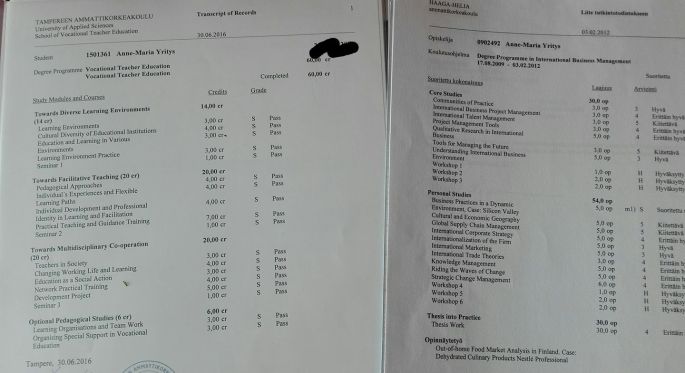Worry About Your Character, Not Your Reputation. Your Character is Who You Are, and Your Reputation is Who People Think You Are. (John Wooden)
The explosive and exponential growth of online media, and social networking platforms/sites in the past decade has most definitely had a significant influence upon businesses, entrepreneurial activities, individual´s lives as a whole, organizations, and therefore also upon environments and societies, because societies are made up of people, and the way people act and behave in their everyday lives impacts how societies develop, thus also having both direct and indirect effects upon how economies are shaped and transformed. Not everyone uses online media, but those who do, need to figure out a few relevant issues regarding their online presence, and their online activities. A few tips for business professionals, entrepreneurs, leaders, and, also for employees and individuals as private persons regarding their online activities:
- Define a/the purpose for your online presence.
Everyone who uses online media and social networking sites has a meaning and purpose for their online presence. Defining that reason/those reasons are relevant in any aspect of a person´s life. While defining the reasons for your online media/social media networking, also make sure to define the amount of time you actually do spend on social media. By doing this you may, and will definitely discover a number of useful things regarding your online presence, including the actual time spent, your online behavior, but also, and most probably, finding out what you could possibly do differently in regard to your online activities.
- What are your online activities?
If you are merely a hobby user of a number of social media sites and platforms, you may want to compare the benefits and advantages of your online activity with the possible drawbacks and negative influences it has upon your life. Most businesses, entrepreneurs, and organizations have, however, realized that having an online presence is essential for a number of business activities although, it is questionable and up to each business owner/entrepreneur/leader to define which online/social media sites actually are useful in their respective business activities.
- Why does your business/organization use LinkedIn, Facebook, Twitter, Instagram, Pinterest, WordPress, Google+, YouTube or any other social media platform?
Are the previously mentioned online media sites all part of your online marketing strategy, and do you have any additional options to these? Is it necessary for your business to be active in all of these, or could you leave some of these platforms out, and perhaps replace it with a more effective branding, communication, and marketing tool for your business activities?
Even though your online content is meant for a human audience, it must still meet the needs of the search engines. (Jay Torrence)
- What kind of content do you share online?
The content your business/organization shares online should be in line with your business mission and vision. This may seem obvious to every business owner and entrepreneur, yet most small business owners fail to segment their marketing activities accordingly, poor segmentation practices is a major reason why especially small businesses fail in their branding and marketing endeavors. However, since branding is the very core of a business, representing its image and bringing forth its values, it is a matter of continuous effort and activities, including the fact that every single individual of an organization in fact are its branding agents. Therefore, branding is what makes you/your business/your products and/or services unique, and what differentiates your business from the mainstream. Marketing, on the other hand, are the activities your business takes to share your brand identity to your target segment, and to your targeted clients.
- How do you measure the benefits of your online/social media activities?
It is no secret that brands can hugely benefit from the many options that today are available online. All businesses, even individuals, and states, have a unique brand identity. How well we manage to communicate and market our brand identity to the world/to our clients is directly associated with the capability of our brand to succeed in the marketplace. There are a number of tools to measure the activities, and the actual outcomes and results of online branding.
Thank you for reading, liking, and for sharing this post. Please comment with your thoughts about how brands can improve and strengthen their identities through online/social media activities. Feel free to comment with concrete examples, e.g. from your brand´s activities and its success, and/or with personal experiences about the significant aspects of online media presence in successful branding.


You must be logged in to post a comment.